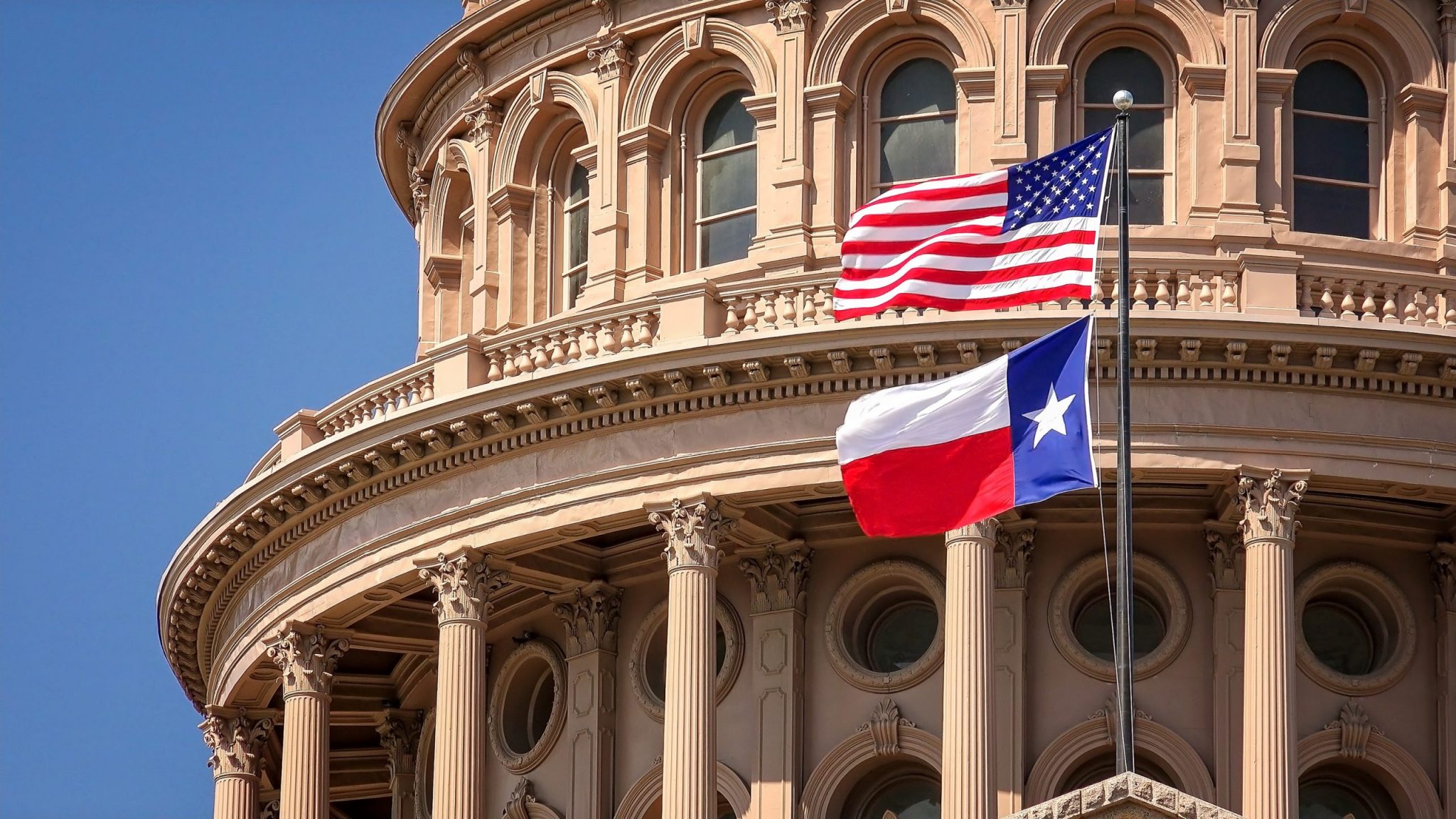Fueled by false conspiracy theories about a stolen presidential election, at least 19 states passed measures in 2021 that make it unnecessarily harder to cast, count and/or certify votes. A Texas law known as SB 1 may be the worst of the lot, and the state’s March 1 primary elections could provide the first hints of how such efforts will impact the conduct of the 2022 midterm elections and beyond. With voting now upon us, concerns abound, but it’s not too late to begin mitigating some of them.
First, the challenges. Thanks to SB 1, Texas applications for mail ballots must now include either a driver’s license number or the last four digits of a voter’s Social Security number, depending on which one the voter provided when they registered to vote. Because many voters don’t recall which number they provided at registration, and local election officials don’t have reliable ways to cross-reference this information, thousands of applications across the state are now being rejected. More recently, thousands of voters who returned completed mail ballots have also had them rejected by local officials, due to similar problems with the ID requirements in SB 1. Either of these issues could impact whether some voters are successfully able to vote in the primary.


